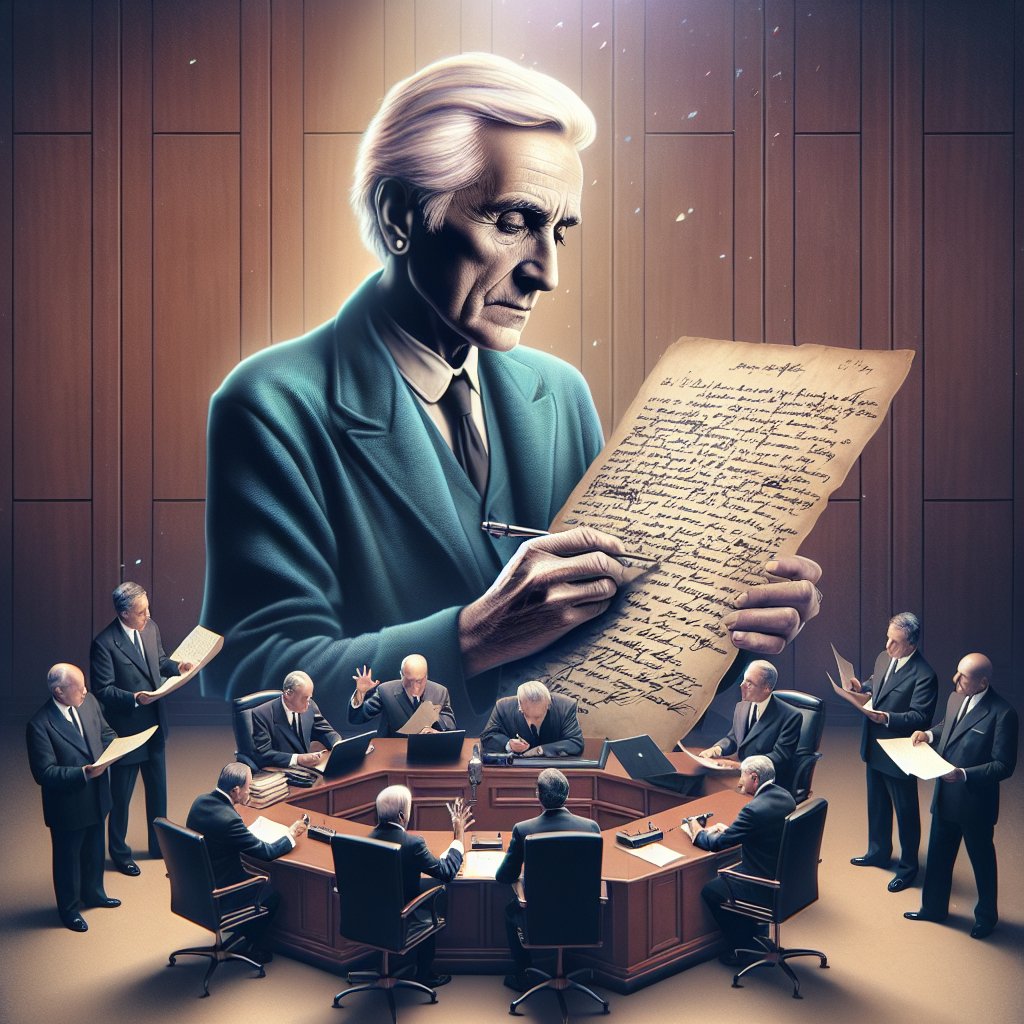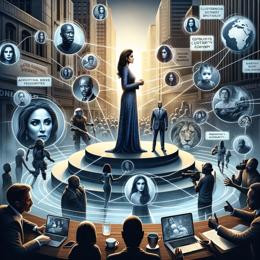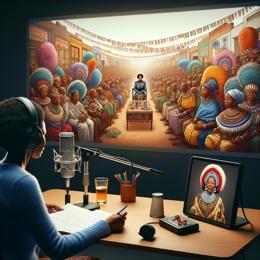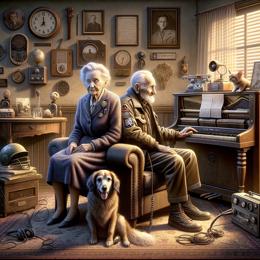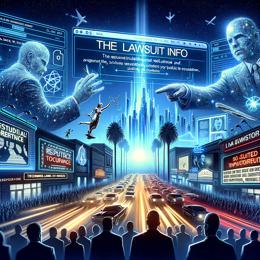Image created by AI
Don Henley Confronts the Past and Fights for His Rights in "Hotel California" Trial
In a gripping courtroom drama unfolding in New York, legendary Eagles member Don Henley took to the stand, stepping into the legal spotlight not just to revisit a tumultuous chapter of his personal history, but to fiercely defend intellectual property rights surrounding his band's storied legacy.
The drug-related arrest in 1980, which has haunted Henley for over four decades, surfaced during testimony, albeit as a minor segue into the case at hand: a criminal trial regarding what Henley claims are stolen, handwritten drafts of the Eagles' famous “Hotel California” album, including tracks "Life in the Fast Lane" and "New Kid in Town."
Don Henley, the Grammy-winning artist, and staunch advocate for artists' rights, now aged 76, was clear and steadfast, expressing deep regret over his arrest involving drugs and a situation with an underage sex worker—an unfortunate decision that echoes from his past. His appearance was primarily to shed light on how the lyric sheets mysteriously traveled from his barn in Southern California to the auction blocks of New York, with questions about their rightful ownership sparking this high-stakes courtroom battle.
The defendants—Glenn Horowitz, Craig Inciardi, and Edward Kosinski—are prominent figures in the rare-book and collectibles world. They stand accused of possession of stolen property among other charges. Their not-guilty pleas hinge on the belief that there was no wrongdoing in the acquisition or attempted sale of the disputed documents.
Don Henley maintained that Sanders, the writer contracted to create a biography on the Eagles that never materialized, was granted access—not ownership—of the documents. The narrative complicates further as the documents were bartered and sold through a chain of possession, landing in the hands of Horowitz, then Kosinski and Inciardi. Henley’s distress at the prospect of his private creative musings entering the public domain was palatable; he sternly remarked on the deeply personal nature of those early drafts.
Facing what he described as the indignity of repurchasing his manuscripts to remove them from public sale, Henley's action to buy back four pages in 2012 only added fuel to the legal debate, with Kosinski’s lawyers arguing that the transaction signified implicit recognition of Kosinski’s ownership.
The tangled web woven through this trial brought in several strands of Henley's advocacy for copyrights and artists' rights. Notably, his vocal opposition to Congress's 1999 copyright law changes, his leadership role in a musicians' rights group challenging file-sharing platforms, and his courtroom battles over unauthorized usage of his music prominently underline his commitment to artists' legacies.
This trial, while opening up old wounds, epitomizes the long-standing debate over the rights of creators in an era where ownership is a keystroke away from dispute. For Henley, this appears to be more than just a fight over some pieces of paper; it's a battle for the soul of the music and the sanctity of the creative process.
